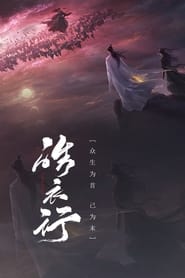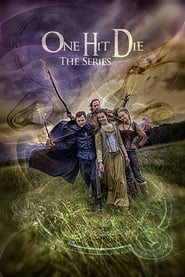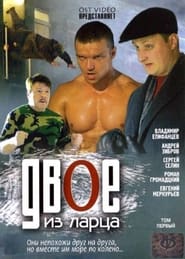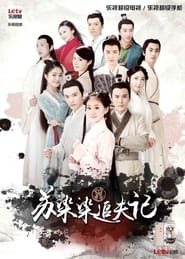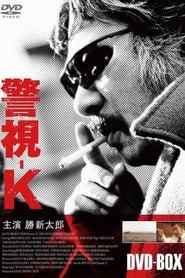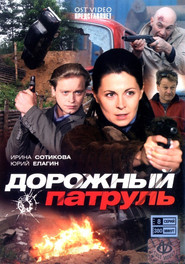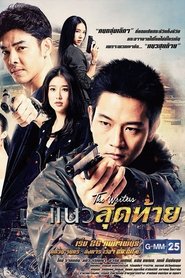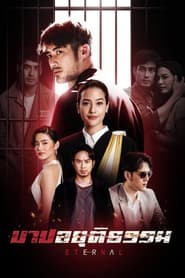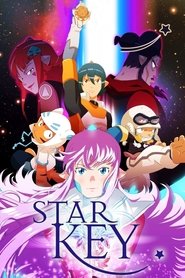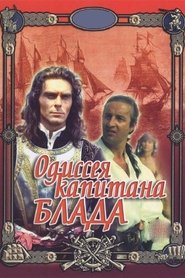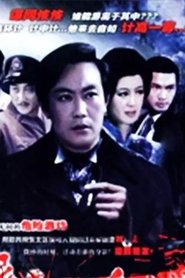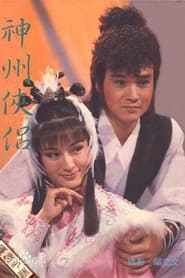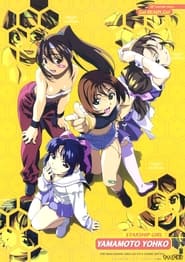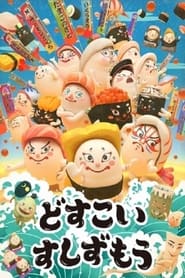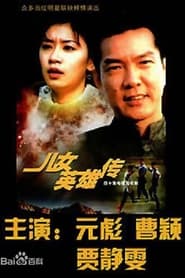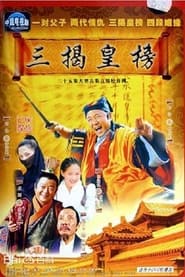Top Rated Action TV Shows on Pantaflix - Page 436
-
Immortality
0000
Immortality
0000
Mo Ran is the young disciple of the most powerful cultivator in the world, Chu Wan Ning. Due to misunderstandings and general differences, the two have been at odds with each other. Chu Wan Ning finds himself helpless in the face of Mo Ran's teenage rebellion and the two keep on drawing further apart. Unbeknownst to Chu Wan Ning, in a past life, Mo Ran and Chu Wan Ning's animosity ended in great bloodshed and misery when Mo Ran turned to the dark cultivating techniques. After the past life ends, sixteen-year-old Mo Ran wakes up with knowledge regarding the events of that past life. Believing he can change his tragic end this time around, Mo Ran sets out to change the course of events as he knows them but soon finds out things are not as they seemed to him. -
One Hit Die
2013
One Hit Die
2013
Follow our group of first level adventurers on a quest to save the world from impending darkness, doom and destruction. Divergent personalities are destined to make any progress on the quest difficult, and things go from bad to worse when they encounter the dreaded goblins. -
Двое из ларца
2006
Двое из ларца
2006
-
苏染染追夫记
2016
苏染染追夫记
2016
-
Keishi-K
1980
Keishi-K
1980
" Keishi-K " is a detective drama directed and starring Shintaro Katsu. This drama tells the story of Inspector Katsutoshi Gatsu, a hammy detective, as he fights crime. -
Highway Patrol
2008
Highway Patrol
2008
To combat crimes on the roads, a special department has been created in the St. Petersburg Police Department. One of the brigades is headed by Captain Marina Voronina. Senior Lieutenant Odintsov has been identified as her partner. Their first investigation was the death in a car accident of the chairman of the Board of the bank "Petropavlovsk"... -
The Writers Project: Last Line
2018
Chakrit was sent for an interview to work in intelligence. He was recruited because he was a complete person, that he had no family burden. Good control of emotions and feelings Have the ability to remember and use language. -
Barb Ayuttitham
2021
Barb Ayuttitham
2021
Chittawan goes to jail because he was framed for killing his fiances' father. After getting out, he decides to take revenge on the people who are the cause behind him having to go to jail. -
Star Key
2018
Star Key
2018
-
夜幕下的哈尔滨
1984
夜幕下的哈尔滨
1984
-
BRZRKR
0000
BRZRKR
0000
A brutally epic saga about an immortal warrior's 80,000 year fight through the ages. Spin-off of the BRZRKR film. -
The Tumultuous Adventures of Jack Carter
2003
Private detective Jack Carter is nothing if not eccentric: penniless, he lives, eats and sleeps at the office. When it comes to work, he accepts only those rare cases that intrigue him and leave other detectives mystified. No investigation is too strange or unusual to dishearten Carter. -
神州侠侣
1985
神州侠侣
1985
-
Starship Girl Yamamoto Yohko
1999
Meet Yohko Yamamoto - a cat-eyed, 15-year-old girl in the late 20th century with a love for videogames and Pocky. Because of her exceptional talent with arcade shooters, she's been recruited by Lawson to travel a thousand years into the future to pilot the prototype ship TA-29. Together with Ayano Elizabeth Hakuhoin, Madoka Midoh and Momiji Kagariya, Yohko leads the Terran team against Rouge and Ness' infamous Red Snappers in this epic space adventure. -
Sushi Sumo
2021
Sushi Sumo
2021
Sushi have become sumo wrestlers!! Which SUSHI ingredient is the strongest of all!? Tamago-nosato, Otoro-yama, Salmon-zakura, Kurumaebi-zou, Ikura-maru……and so many more. Each unique sumo wrestler uses its ingredients to its advantage, unleashing a wide range of techniques. So, who will win today’s match!? Put some spirit into it! -
儿女英雄传
1999
儿女英雄传
1999
-
三揭皇榜
2006
三揭皇榜
2006
-
乙未豪客传奇
1991
乙未豪客传奇
1991
 Netflix
Netflix
 Amazon Prime Video
Amazon Prime Video
 Apple iTunes
Apple iTunes
 Apple TV Plus
Apple TV Plus
 Disney Plus
Disney Plus
 Google Play Movies
Google Play Movies
 Paramount Plus
Paramount Plus
 Hulu
Hulu
 HBO Max
HBO Max
 YouTube
YouTube
 fuboTV
fuboTV
 Peacock
Peacock
 Peacock Premium
Peacock Premium
 Amazon Video
Amazon Video
 The Roku Channel
The Roku Channel
 AMC+
AMC+
 Kocowa
Kocowa
 Hoopla
Hoopla
 The CW
The CW
 Vudu
Vudu
 Starz
Starz
 Showtime
Showtime
 PBS
PBS
 Pantaflix
Pantaflix
 FXNow
FXNow
 Tubi TV
Tubi TV
 Kanopy
Kanopy
 Comedy Central
Comedy Central
 Crunchyroll
Crunchyroll
 Microsoft Store
Microsoft Store
 Redbox
Redbox
 Sun Nxt
Sun Nxt
 ABC
ABC
 DIRECTV
DIRECTV
 Crackle
Crackle
 Fandor
Fandor
 Plex
Plex
